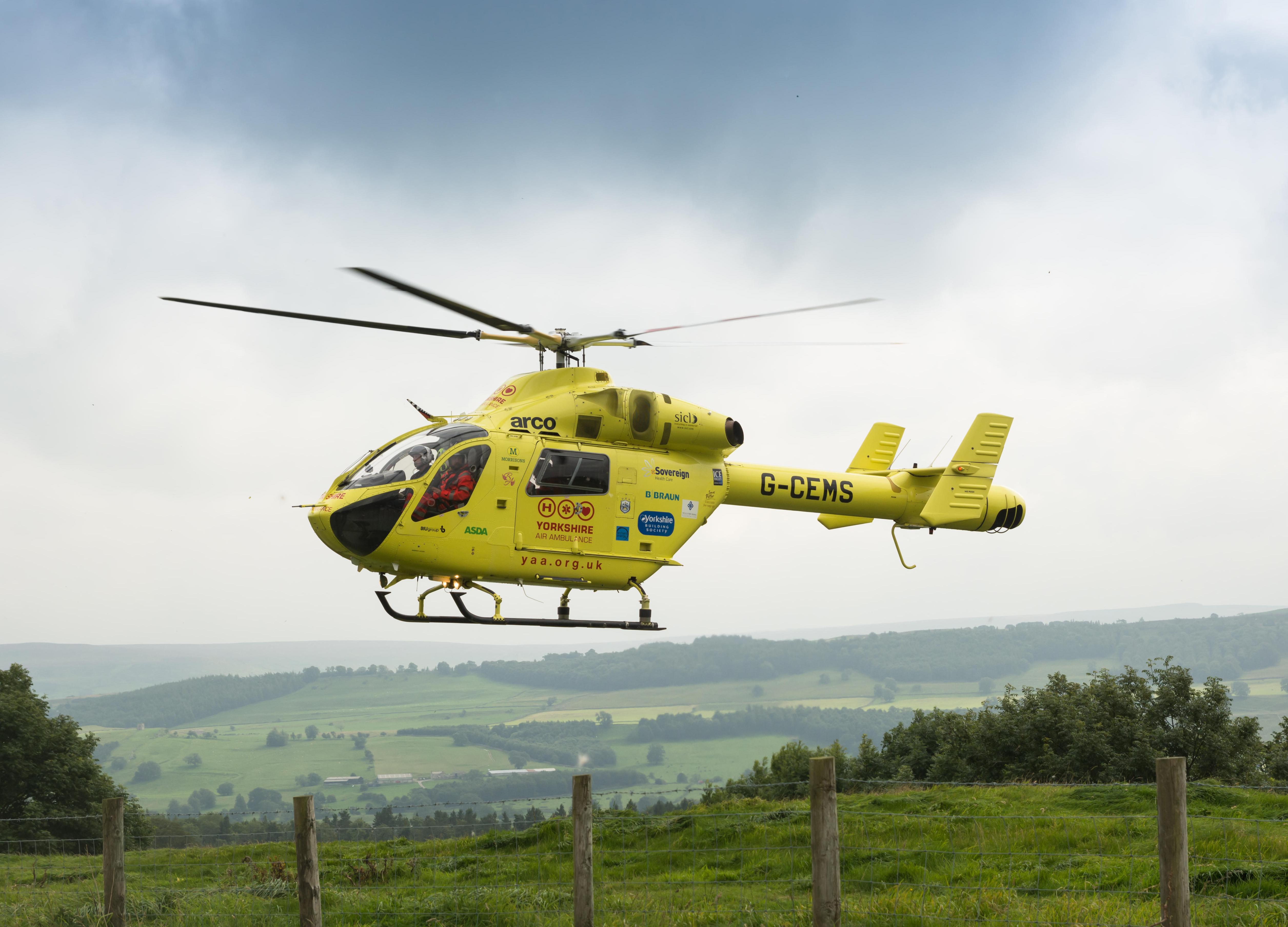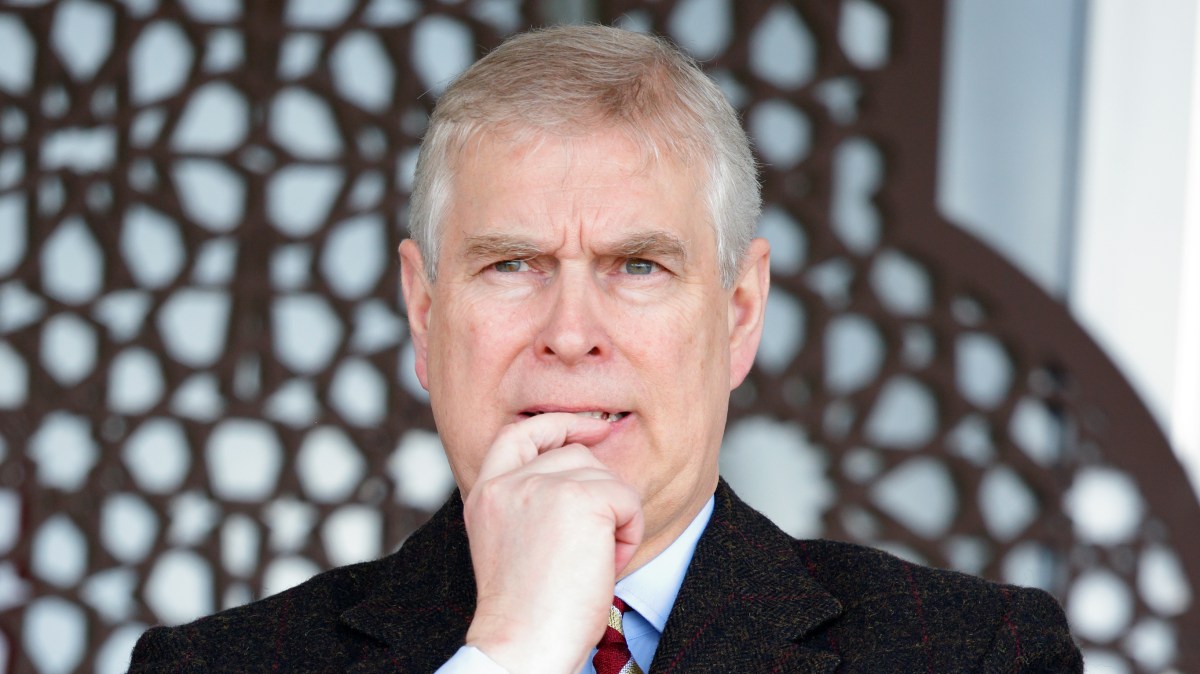The Duke of York’s departure from his charities five years ago has had no overall effect on their income, a new report has revealed.
Prince Andrew withdrew from official royal duties in November 2019 after giving a disastrous Newsnight interview about his friendship with the late sex offender Jeffrey Epstein.
The decision required him to step down as the royal patron of 64 charities. He was also patron of non-charitable entities including dozens of golf clubs and parts of the military.
Now, a study by the philanthropic analysis organisation Giving Evidence has shown there has generally been no negative impact on the charities and that his royal patronage was not demonstrably helpful to the charities when he was in post.
Compiling data from 35 organisations, the study found that about half of Andrew’s former charities saw a rise in profits following his departure.
It concludes: “We find no evidence that Prince Andrew’s patronage of charities helped the charities in terms of revenue: there was no discernible decline in their revenue when his patronage ended.”
Not only that, but his impact on the charities when he was officially supporting them appeared to be negligible. The study found “no convincing evidence that Prince Andrew’s patronage increased charities’ revenue” and “there was no discernible effect of his stepping back”.
• Prince of Wales exempting charities from rent is a good start
Prince Andrew’s Charity Patronages: Analysis of the Effects on the Charities, by Caroline Fiennes, founder of Giving Evidence, and Dr Clemens Jarnach, a data scientist and political sociologist, looked at the change in revenue in the accounts of the duke’s charities before and after he stepped down and compared it with the change in revenue at comparable charities over the same period.
Analysis found that “social services” was the sector that had the greatest number of Prince Andrew’s patronages, then education, followed by culture and sport.
The study looked exclusively at UK-registered charities where the duke was patron. Andrew’s Pitch@Palace initiative was not included in the research.
• Virginia Giuffre’s death could reveal size of Prince Andrew’s payout
Charities that had another royal patron when Prince Andrew stood down or which received another royal patron following his departure were excluded from the study.
The report concluded that “charities which want revenue may be wasting their time in seeking, securing and/or servicing a royal patron”.
Fiennes, who specialises in providing advice to philanthropists about where best to donate, said: “Our analysis included 35 patronee charities: some had to be excluded because the patronage had started too recently, and so on. Oddly, given that Prince Andrew is Duke of York, only two were in Yorkshire, and none at all were in Wales, Northern Ireland or Scotland.

The Yorkshire Air Ambulance benefited from a 47 per cent increase in income after losing Prince Andrew’s patronage
ALAMY
“We investigated whether anything happened to the revenue of his patronee charities before and after the patronage ended which did not also happen to all other charities. Those latter serve as a control group.
“It didn’t. We ran six linear regression difference-in-differences analyses, none of which could detect any effect of Prince Andrew’s patronage on the charities’ revenue.”
The Fly Navy Heritage Trust had a rise in revenue of 346 per cent after Andrew’s departure, while Children North East had an increase of 56 per cent and Yorkshire Air Ambulance’s income climbed by 47 per cent. On the other side of the coin, income at both the Royal Free London NHS Foundation Trust and City Gateway decreased by 68 per cent.
Previous research by Giving Evidence found that the effect was not limited to Prince Andrew, as a similar pattern was detected with other royal charities.
The latest report concluded that “charities which want revenue may be wasting their time in seeking, securing and/or servicing a royal patron”.
• What really happened to Virginia Giuffre?
In a study published in 2020, Giving Evidence analysed the charity patronages of seven senior royals. It again found no benefit to revenue, despite charities accounting for 26 per cent of all official engagements by those royals in the full year 2019.
These did not include charities founded or co-founded by members of the royal family, for example the Prince’s Trust, now the King’s Trust, which was established by King Charles.
A source close to the Prince of Wales said Prince William was “moving away from patronages and towards projects”. He has established the Royal Foundation and set up time-specific campaigns to tackle issues such as protecting the environment around the world and dealing with homelessness in the UK.
The authors said that Giving Evidence “takes no view for or against the royal family in general” but had the role of “providing empirical research” to assess the “effectiveness of charitable giving and charitable activity”.
• Prince Andrew and ‘spy’ met UK–Chinese university head
They conceded, however, that “there may be other benefits of royal patronage, including press coverage or staff morale, but we could not analyse these because they are not reported consistently or comparably across charities”.
The researchers said in the latest report that they also considered looking at Prince Harry’s charities following his departure from official duties, but it proved “impossible” as he was patron of only a few charities, remains patron of several and the sample size was too small.
